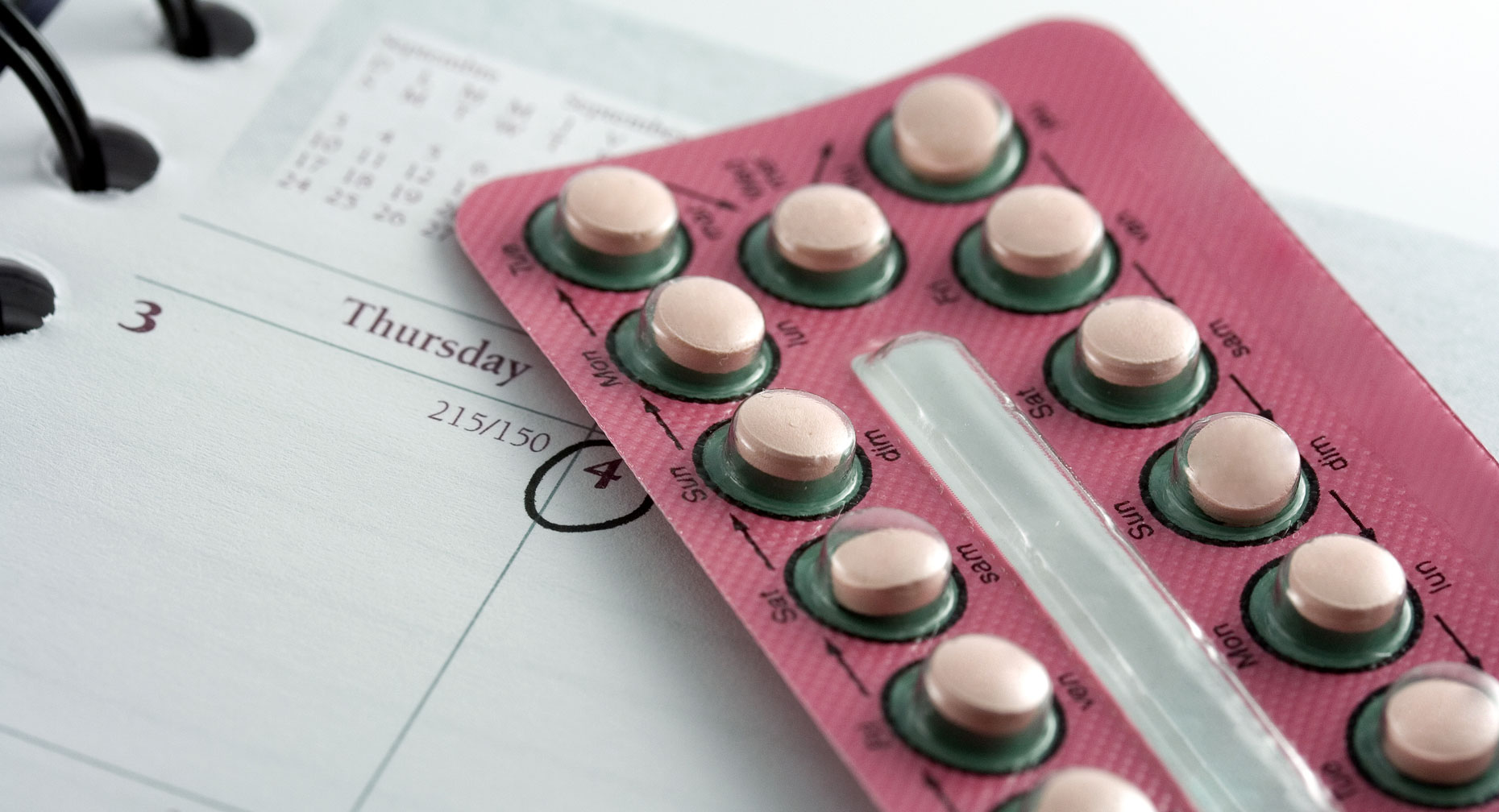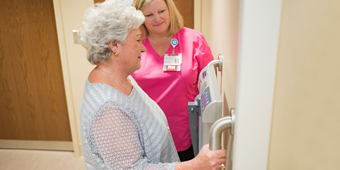How Do You Spell Endometriosis Relief?

Answer a few questions and we'll provide you with a list of primary care providers that best fit your needs.
Not all women with endometriosis require medical treatment. But if you have endometriosis pain that is interfering with your daily life or work, medications may help.
Endometriosis is a condition affecting one in 10 women of childbearing age in which the tissue that typically lines the uterus begins growing in other areas of the pelvis. It may cause pain or problems with fertility.
Treatment is as unique as you are. The approach will vary depending on your symptoms, age and whether or not you are trying to get pregnant. There is no cure for endometriosis and no medicine proven to increase fertility for women with endometriosis.
Medicines and hormone therapies do help to relieve pain and slow the progression of endometriosis. These therapies reduce pelvic pain and painful intercourse in more than 80 percent of women who have endometriosis. You also may gain some pain relief from exercise and relaxation techniques.
Heather Hilkowitz, MD, Hilltop Obstetrics & Gynecology, describes the options for treating endometriosis.
Click play to watch the video or read video transcript.
Pain Medications
Over-the-counter, nonsteroidal, anti-inflammatory drugs (called NSAIDs), like ibuprofen and naproxen, may help relieve your painful menstrual cramps or other pelvic discomfort. For severe pain, your doctor may prescribe stronger pain relievers.
Hormone Therapy
The endometrial tissue that lines your uterus and that grows outside the uterus with endometriosis is highly sensitive to the hormones estrogen and progesterone. These two hormones are responsible for directing your menstrual cycle and for causing inflammation of the endometrial tissue each month.
Treatment is as unique as you are.
To help slow the growth and inflammation of endometrial tissue, your doctor may recommend medicines that regulate your hormones. These drugs often help to relieve pain caused by endometriosis. They stop the ovaries from producing hormones, including estrogen, but they don’t typically get rid of endometriosis tissue that’s already there.
Hormone therapies for endometriosis include:
- Birth control pills (oral contraceptives). These help make your period lighter, more regular and shorter. Many women report getting relief from pain while taking birth control pills. When you stop taking the pills, your endometriosis symptoms may return, along with your ability to get pregnant.
Mild side effects include weight gain, bloating and bleeding between periods, especially when you first start to take the pills. - Progesterone and progestin help keep estrogen levels low. They can be taken as a pill or by injection to improve your symptoms by reducing or stopping your period. They also prevent pregnancy. When you stop using these therapies, menstruation and the ability to get pregnant return. Possible side effects include gaining weight, feeling depressed or having irregular vaginal bleeding.
Sometimes your healthcare provider may recommend an intrauterine device (IUD) containing progestin, such as Mirena®. This may be effective in reducing pain, the size of abnormal endometrial tissue patches and menstrual flow. - Gonadotropin-releasing hormone (GnRH) agonists(pronounced AG-uh-nists), in the form of a nasal spray or injection, act like a light switch to temporarily suppress the secretion of estrogen by the ovaries. This prevents ovulation, menstruation and the growth of endometriosis, and is highly effective in relieving pain.
When you discontinue use, your body resumes menstruation cycles and you are able to get pregnant. Endometriosis symptoms may also return.
Side effects from these medications include hot flashes, tiredness, problems sleeping, headache, depression, joint and muscle stiffness, bone loss and vaginal dryness. Low doses of other hormones can help prevent these side effects.
If medical treatment is unsuccessful, you may need surgery to relieve your symptoms. Surgery also may increase fertility. Talk to your healthcare provider about what treatment plan is right for you.
Answer a few questions and we'll provide you with a list of primary care providers that best fit your needs.
Source: American Congress of Obstetricians and Gynecologists; WomensHealth.gov; National Institutes of Health; American Society for Reproductive Medicine; Heather Hilkowitz, MD, Hilltop Obstetrics & Gynecology






